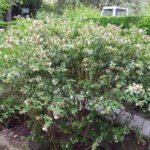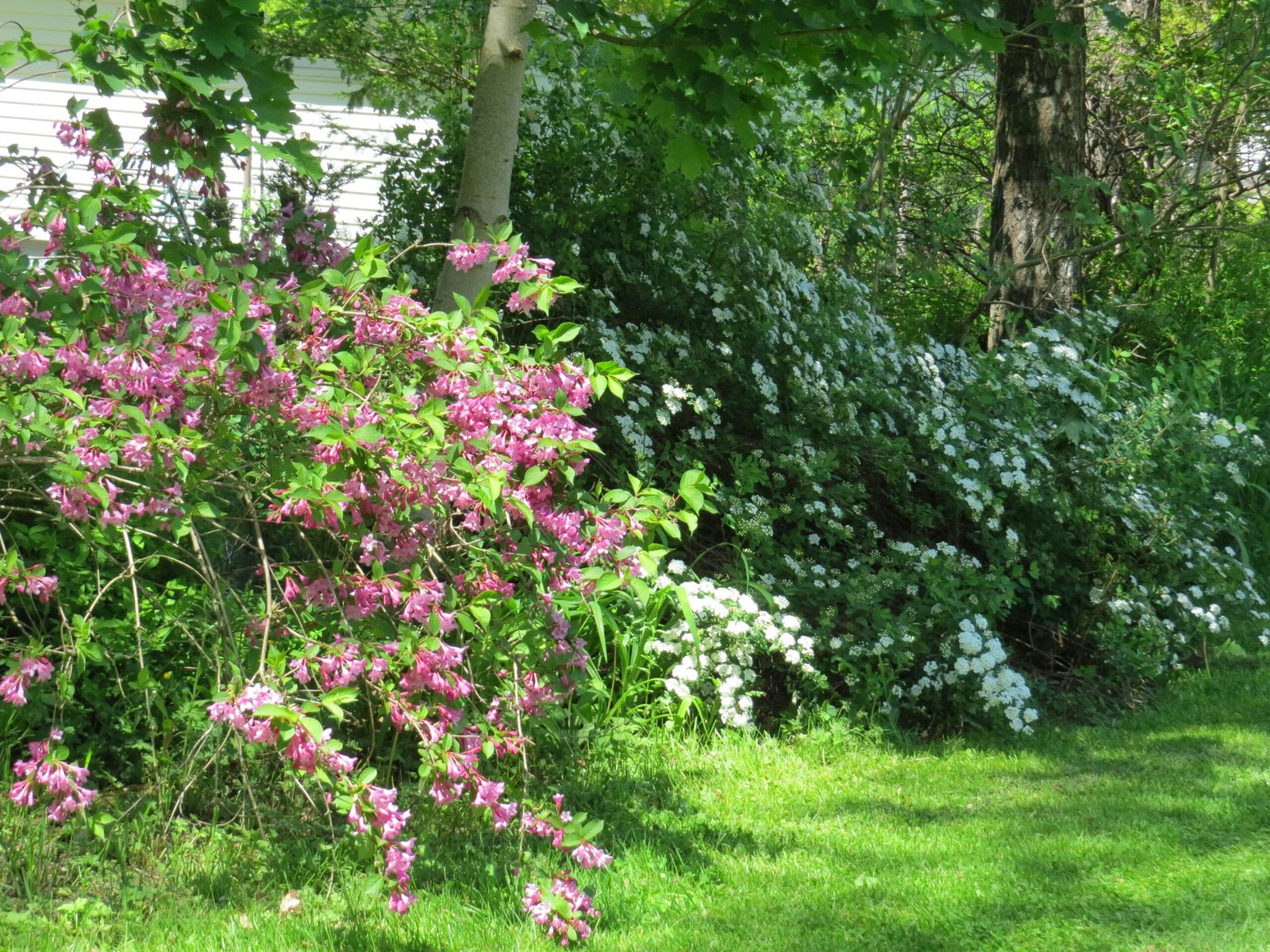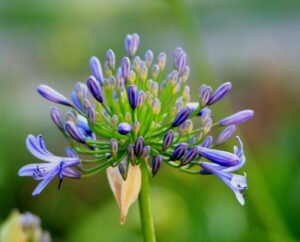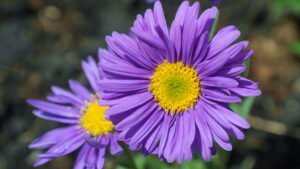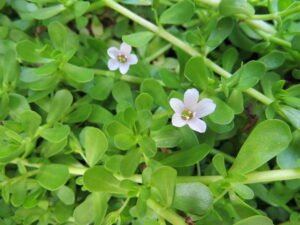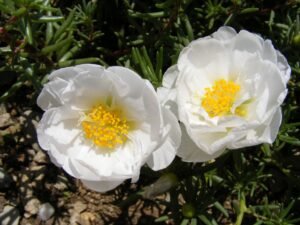Petunia Plant: How To Grow And Care
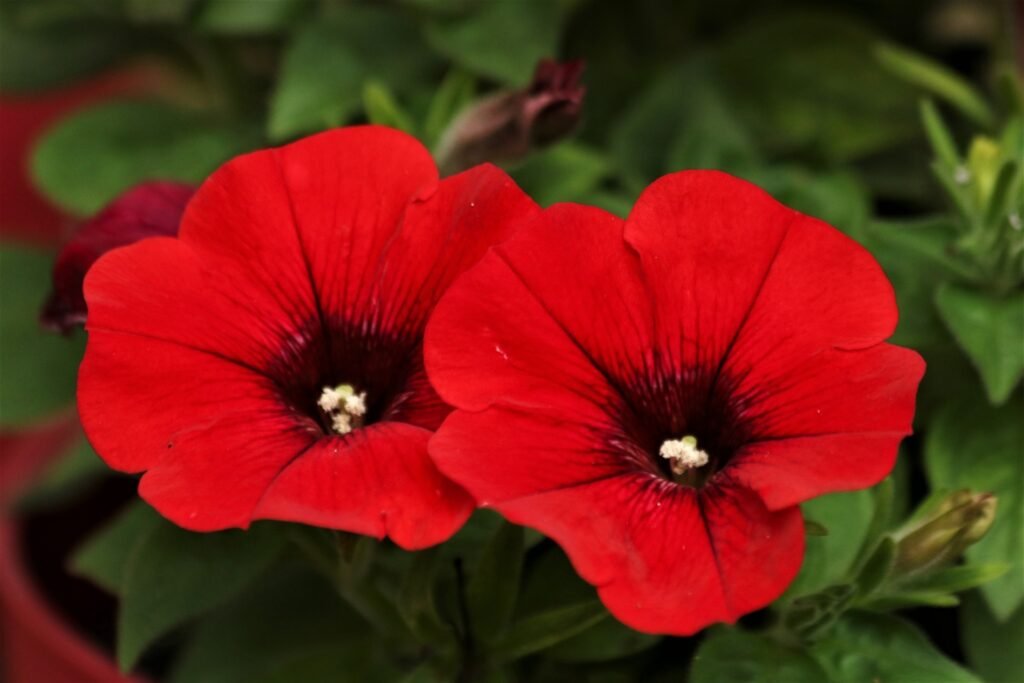
Hi Friends ! In this blog we will share Petunia plant care tips. Friends petunias are popular flowering plants known for their vibrant colors and beautiful blooms. Whether you’re a seasoned gardener or a beginner, this article will provide you with all the essential tips and tricks to help you grow and care for petunia plants successfully.

Choosing the Right Petunia Variety
Before you start growing petunias, it’s important to choose the right variety for your garden. Petunias have various types, including grandiflora, multiflora, and spreading. Grandiflora petunias have larger flowers, while multiflora petunias produce smaller blooms but are more resistant to adverse weather conditions. Spreading petunias are perfect for ground cover or hanging baskets.
Please keep in the mind what is your climate and the amount of sunlight your garden receives. Because some petunia varieties thrive in full sun, while others prefer partial shade (Partial shade here means areas that receive indirect sunlight and it does not mean areas that are completely dark, Petunia needs at least 6 hours of sunlight to thrive) . It’s essential to select a variety that suits your specific growing conditions to ensure optimal growth and blooming.
Planting Petunias
Once you’ve chosen the right petunia variety, it’s time to plant them. Follow these steps for successful planting:
- Prepare the soil: Petunias prefer well-draining soil with a pH level between 6.0 and 7.0. If your garden soil is heavy or it is clay-like, amend it with organic matter like compost or peat moss to improve the drainage; you can also add sand to improve the drainage.
- Choose the right location: Petunias thrive in areas with full sun or partial shade. Ensure that the petunia plants receives at least 6 hours of sunlight per day.
- Planting depth: Dig a hole that is slightly larger than the root ball of the petunia plant. Place the petunia plant in the hole, please ensure that the top of the root ball is at level with the soil surface.
- Spacing: Space petunia plants according to their variety. Grandiflora petunias need about 12 inches of space between each plant, while spreading petunias require 18 inches of space. Decide based on the variety of petunia plant.
- Watering: After planting, water the petunia plants thoroughly to help them establish their roots. Water regularly, trick is to keep the soil moist but not waterlogged.
Petunia Watering and Fertilizing
Proper watering and fertilizing are crucial for the healthy growth of petunias. Here are some guidelines to follow:
- Watering: Petunias need regular watering, especially if it is hot and dry weather. Always ensure to water deeply, ensure that the soil is evenly moist. Avoid overhead watering to prevent fungal diseases. Always water in roots and not on leaves and flowers. in winters you can water when soil feels dry to touch.
- Fertilizing: Petunias give amazing blooms and is heavy feeder in nature to maintain that bloom, it means it requires sufficient fertilizers to maintain its bloom. Feed your petunia plants with a balanced, slow-release fertilizer once a month. Compost, vermicompost or organic manure once in a month should be given. Apart from that if you want to boost flowering give NPK 10 10 10 or NPK 8 8 8 fertilizers once in 2 weeks. Always Follow the instructions on the fertilizer package for proper dose and proper application.
- Deadheading: To encourage continuous blooming, remove the faded flowers by pinching them off at the base. This process is known as deadheading, if you leave dead flowers on plants it starts the process of seeds making and prevents further blooms. So deadheading prevents the plant from diverting energy into seed production.
Petunia Pest and Disease Control
Petunia plant can have some common diseases and pest related issues. Below are listed some common issues and tips on how to deal with them:
- Aphids: These small and nasty insects can be controlled by spraying the affected plants with a mixture of water and mild soap.
Neem oil is an organic pesticide you can use to control and prevent growth of aphids on your petunia plants, use it every 3rd day until aphids infestation problem is completely resolved. - Snails and slugs: Use organic slug and snail bait or set up traps to protect your petunias from these garden pests.
- Botrytis blight: This fungal disease can be prevented by providing good air circulation and avoiding overhead watering. If plant is affected by this fungal disease spray the good quality fungicide once in a week until fungal infestation is completely cured.
Petunia Winter Care
In areas with colder climates, petunias are grown as annuals. However, if you live in a region with mild winters, you can overwinter your petunia plants. Follow these steps to protect them:
- Trimming: Before the first frost, trim back the petunia plants to about half their size.
- Insulation: Cover the plants with a thick layer of mulch or straw to protect the roots from freezing temperatures.
- Watering: Water the plants sparingly during the winter to prevent dehydration.
With proper care and attention, petunias can provide a stunning display of color in your garden or containers. Follow these tips, experiment with different varieties, and enjoy the beauty of these versatile flowering plants!
Tags: #Petunia Plant Care, #How To Care Petunia Plant, #How to Grow Petunia Plant, #Petunia plants care for beginners, #Petunia Plant care tips, #AmazeGarden.Com, #Plants Care Tips, #Gardening, #Kitchen Gardening, #Terrace Gardening, #Backyard gardening, #Container Gardening, #Urban Gardening, #plants Care, #Petunia Flower Care, #Petunia Flower Care Tips
If You Want To Get Latest Gardening News, Tips And Tricks Directly In Mail, Please Subscribe !









